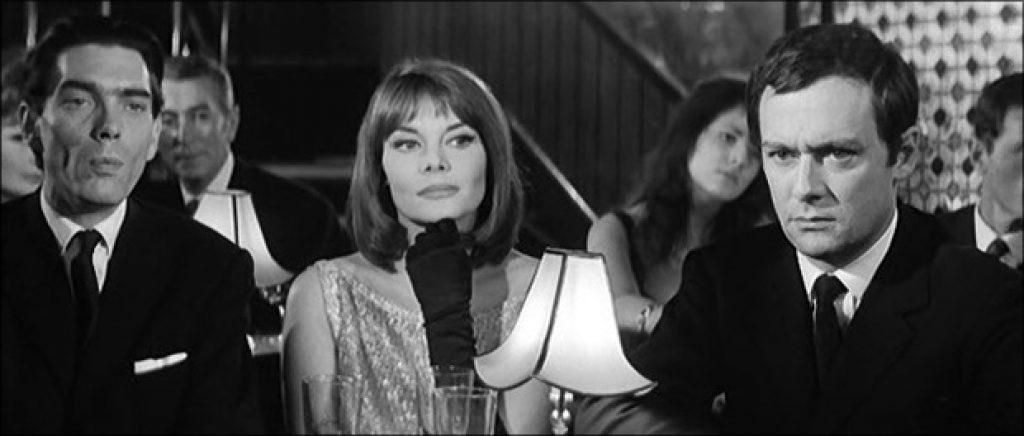In Nelson Algren’s 1956 novel “A Walk on the Wild Side”, an old-timer tells the protagonist three rules for living: “Never play cards with a man called Doc. Never eat at a place called Mom’s. Never sleep with a woman whose troubles are worse then your own.” Short lists like these (think of Satchel Paige’s “Don’t look back. Something might be gaining on you.”) suggest lives that were hard and colorful and lived by resilient, tough people. American novelist Algren was tough and he is associated with a town known for it’s toughness and honesty, qualities that also describe his writing style in classics like “The Man With the Golden Arm.” That book won the first National Book Award. Iggy Pop has called the Otto Preminger film version of that novel the best depiction ever of what it is like to be a junkie. Algren hated the movie but the book and movie launched his literary career.
Michael Caplan’s 2021documentary “Algren” depicts the wild ups and downs of the writer’s life with panache and great insight into the working class Chicagoans Algren loved, drinked and argued with and depicted so accurately, with no condescension or sentimentality. Musician Billy Corgan, a fellow Chicagoan and fan of Algren’s work says he connected with his characters even though he witnessed a different generation of marginal men who spent all day drinking in dive bars. Such a man “wants to sit at that bar all fucking day and you know why? Because he doesn’t want to go home and beat his wife.”
Visual collages featuring many photos by the great photographer Art Shay of Algren in the 1950s as well as clips from newspapers, tickets and other documents create a rich backdrop to the anecdotes recounted by friends and fans such as William Friedkin, Russell Banks, Philip Kaufman, Bruce Jay Friedman, Barry Gifford, Andrew Davis, Studs Terkel and John Sayles.
One of the most fascinating parts of Nelson’s life remains his relationship with the French writer Simone de Beauvoir. In 1947 they had a whirlwind romance. Friends were intrigued by the unlikely pairing of the hard drinking journalist turned novelist with a Parisian intellectual and feminist. Their correspondence is magnificent. De Beauvoir based a character in her novel “The Mandarins” on Algren: “At first I found it amusing meeting in the flesh that classic American species: self-made leftist writer.” He was angered by the way she depicted him and never forgave her. “She is a woman who invaded her own privacy,” he said.
Nelson Algren died in 1981 while living in Long Island, New York. “Algren” is a must-see for fans of literary fiction.
The exclusive streaming premiere of “Algren” begins on OVID Thursday, February 17.

Jacques Doniol-Valcroze was a key player in the French New Wave. One of the founders of the Cahiers du cinéma and its editor from 1951-1957 and the creator of the Director’s Fortnight at the Cannes Film Festival, he had a long career as a director and actor but his features never received the acclaim of his friends Godard and Truffaut. Two of his films will get a streaming premiere on OVID on February 18: A Game for Six Lovers (L’eau a la bouche) and La Dénonciation (The Immoral Moment).
1962’s La Dénonciation is about a film producer who is a suspect in the murder of a right-wing nightclub owner. The investigation brings back memories he has of being a resistance fighter in WW2 and the guilt he feels about giving information to the Nazis after being tortured and his refusal to help a French collaborationist during his later trial.
Recently restored, the film stars Maurice Ronet as the film producer and Françoise Brion as his wife. This is good crime film with the moral intensity and philosophical curiosity of Godard’s film from the previous year, Le petit soldat.
Both films begin streaming on OVID February 18.
